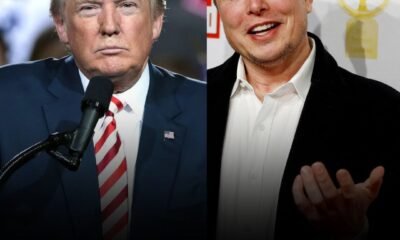Politics
Justin Trudeau Announces Resignation as Prime Minister
Canadian Prime Minister Justin Trudeau has officially announced his resignation as both the leader of the Liberal Party and as prime minister, effective once a new party leader is selected. This decision, made public on January 6, 2025, follows a period of intense speculation and pressure from within his party amid declining popularity and significant political challenges.

In a statement delivered from Rideau Cottage in Ottawa, Trudeau emphasized his commitment to the country, stating, “I intend to resign as party leader, as prime minister, after the party selects its next leader through a robust nationwide competitive process.” He indicated that he would continue to serve in his role until the leadership transition is complete, with Parliament set to be suspended until late March.

Trudeau’s resignation comes on the heels of growing discontent within his government, particularly following the unexpected departure of Deputy Prime Minister Chrystia Freeland in December. Freeland’s resignation highlighted internal conflicts regarding the government’s direction and its handling of external pressures, particularly from the incoming U.S. administration under President-elect Donald Trump, which has threatened tariffs on Canadian goods.
The Liberal Party has faced declining support in recent months, with polls indicating a significant lead for the Conservative Party. Trudeau’s leadership has been scrutinized over various issues, including housing affordability and rising living costs, leading to calls for change from within his own ranks. The upcoming federal election is mandated to occur by October 20, 2025, putting additional pressure on the Liberal Party to select a new leader capable of revitalizing its standing with voters.

Having served as prime minister since 2015 and led the Liberal Party through three elections, Trudeau’s announcement marks a significant turning point in Canadian politics. As he prepares to step down, questions remain about the future direction of the Liberal Party and its ability to regain public trust ahead of the next election.
Bolanle Media invites businesses and brands seeking to promote their brand and report news to reach out for innovative media solutions. We offer a range of services, including digital marketing, content creation, event coverage, and social media management, all designed to help brands connect with their target audience effectively. With a strong emphasis on storytelling and social impact, our expertise spans various fields, ensuring your brand’s message resonates. For partnership inquiries, contact us at Hello@bolanlemedia.com.
News
Texas Floods: 110+ Dead, 161 Missing After Historic Disaster

Catastrophic flooding struck Central Texas beginning on July 4, 2025, primarily impacting the Hill Country region, including Kerr County and the Guadalupe River area. The disaster has resulted in over 110 confirmed deaths and left more than 161 people missing as of July 8. The floods were triggered by intense, record-breaking rainfall that caused rivers to rise rapidly, overwhelming communities and summer camps.

Key Facts
- Death Toll: Over 110 confirmed fatalities, including at least 27 children and counselors at Camp Mystic in Kerr County.
- Missing Persons: At least 161 people remain unaccounted for, with ongoing search and rescue operations.
- Affected Areas: Severe impacts in Kerr, Kendall, Burnet, Travis, Williamson, and Tom Green counties. The Guadalupe River rose by more than 26 feet in under an hour.

Emergency Response
- State Action: Governor Greg Abbott deployed more than 1,750 personnel and nearly 1,000 vehicles and equipment from over 20 state agencies.
- Federal Aid: President Donald Trump declared a major disaster, unlocking federal resources for relief and recovery.
- Ongoing Risk: Additional rainfall is forecasted, and flood watches remain in effect for much of Central Texas.
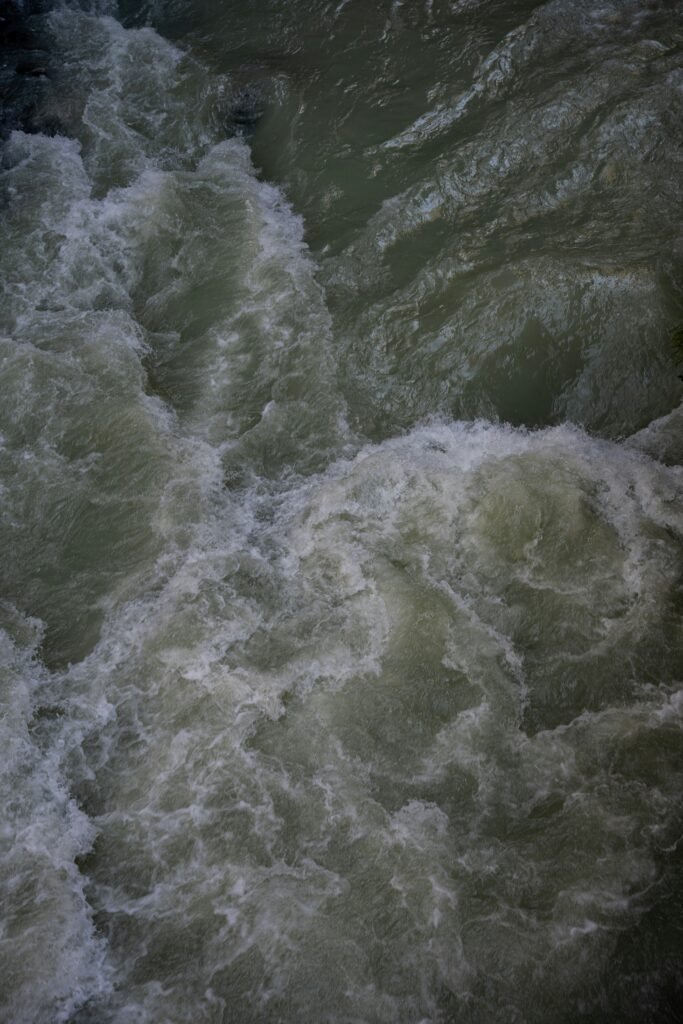
Communication and Alerts
- Emergency Alerts: The National Weather Service issued multiple flash flood warnings, but some residents did not receive alerts due to the lack of a local outdoor warning system and inconsistent cell service.
- Mobile Coverage Issues: Some areas near the Guadalupe River have spotty cell service, which may have prevented some residents from receiving critical alerts.
Aftermath and Community Impact
- Search and Rescue: Hundreds of emergency personnel continue to search for missing persons in challenging conditions.
- Infrastructure Damage: Roads, bridges, and homes have been severely damaged or destroyed.
- Calls for Change: The disaster has intensified calls for improved flood warning systems and greater investment in emergency preparedness.
What Texans Should Know
- Stay Alert: Residents in affected areas should monitor weather updates and follow local guidance.
- Support and Resources: Emergency shelters and assistance are available for displaced families.
This update reflects the situation as of July 8, 2025, and will continue to evolve as search and rescue operations progress.
Politics
Elon Musk Launches ‘America Party’ Political Group

Introduction
Elon Musk, the billionaire entrepreneur behind Tesla and SpaceX, has announced the formation of a new political group: the “America Party.” This move follows a very public split with former President Donald Trump and comes amid growing dissatisfaction with the current two-party system in the United States.
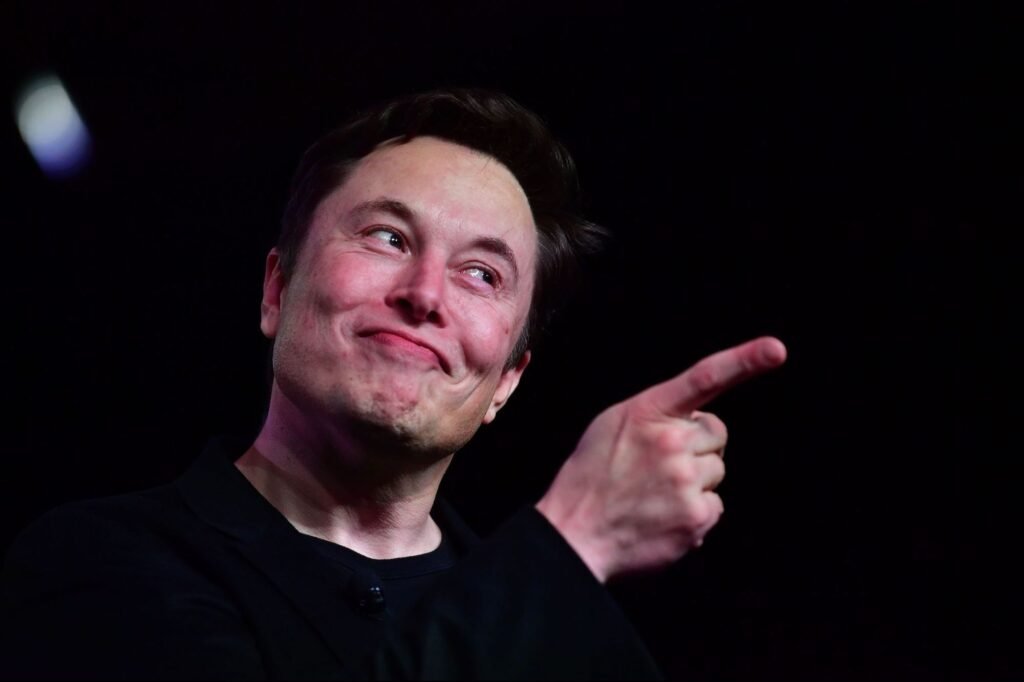
The Announcement and Social Media Campaign
Musk took to his social media platform X (formerly Twitter) to break the news. On July 4, he posted a poll asking his followers whether they wanted a new political party to challenge the status quo. The response was overwhelming: 65.4% of the 1.2 million respondents voted in favor of the idea. Musk followed up with a post declaring, “By a factor of 2 to 1, you want a new political party and you shall have it!”
“Today, the America Party is formed to give you back your freedom.”
— Elon Musk on X
Key Details from Musk’s Posts
- Poll Engagement: Musk’s poll on X received over a million responses, with a clear majority supporting the creation of a new party.
- Central Message: Musk positioned the America Party as a movement to restore citizens’ freedoms and disrupt what he calls the “uniparty” system dominated by Republicans and Democrats.

- Target Audience: He has repeatedly stated that the party aims to represent the “80% in the middle,” appealing to centrist and independent voters frustrated by partisan gridlock.
- Policy Hints: While a full platform has not been released, Musk’s posts and shared content suggest the party will focus on:
- Reducing federal debt and government waste
- Advancing pro-technology and pro-natalist policies
- Promoting free speech and centrist reforms
Reaction and Next Steps
The announcement has generated significant buzz online, with both support and skepticism. Political analysts note that while Musk’s resources and social media reach are formidable, launching a viable third party is a daunting challenge in the U.S. political landscape. Musk has indicated that the America Party’s immediate focus will be on influencing the 2026 midterm elections, particularly targeting select House and Senate seats rather than a presidential bid.
Conclusion
Elon Musk’s launch of the America Party marks a bold attempt to reshape American politics. By leveraging his online following and direct engagement through polls and posts, Musk has quickly mobilized attention around his new political venture. Whether the America Party can move beyond social media momentum to become a real force in U.S. elections remains to be seen.
Business
Mexican Protests: Gentrification, U.S. Migration, and Rising Tensions
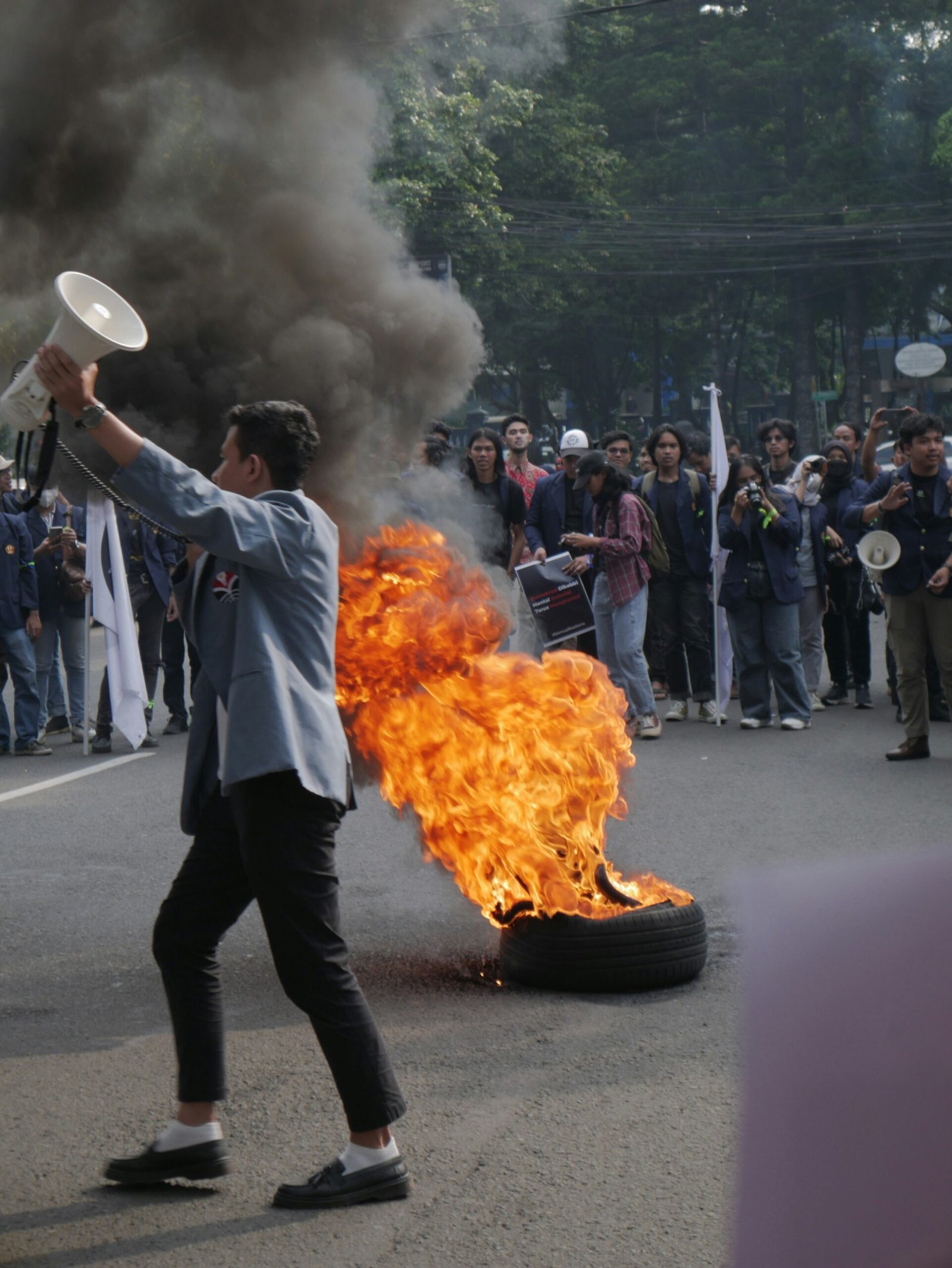
Protests Erupt Over Housing and Migration in Mexico City
Mexico City has become the epicenter of growing unrest as hundreds of residents took to the streets on July 4, 2025, protesting against soaring rents, gentrification, and the increasing presence of U.S. migrants. What began as a peaceful demonstration quickly escalated, with incidents of vandalism and confrontations highlighting the depth of local frustration.
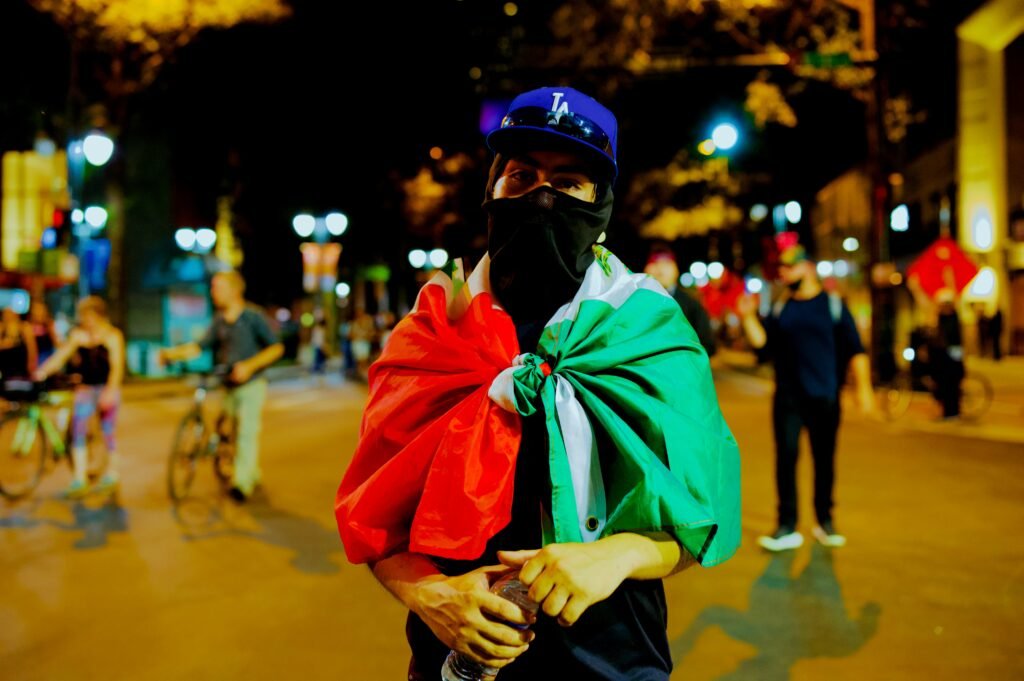
Key Drivers of the Unrest
- Gentrification and Housing Crisis:
Rents in popular neighborhoods like Condesa and Roma have surged by nearly 50% over the past five years, pricing out many long-term residents. Young people and families are particularly affected, with some forced to leave homes they have occupied for decades. - Influx of U.S. Migrants and Digital Nomads:
The arrival of affluent foreigners—especially Americans working remotely—has intensified gentrification. Many U.S. citizens take advantage of Mexico’s 180-day visa-free stay, cycling in and out to maintain residency. This has led to resentment among locals who feel displaced and unable to compete with foreign purchasing power.
- Economic Displacement:
Protesters argue that government policies favor those with higher incomes, resulting in forced or illegal evictions. Slogans like “Housing is a right, not a commodity” and “Mexico for Mexicans” were prominent during the marches. - Demands for Regulation:
Demonstrators called for stricter migration controls and for foreign residents to contribute more to the local economy, including paying fair taxes and respecting local culture.
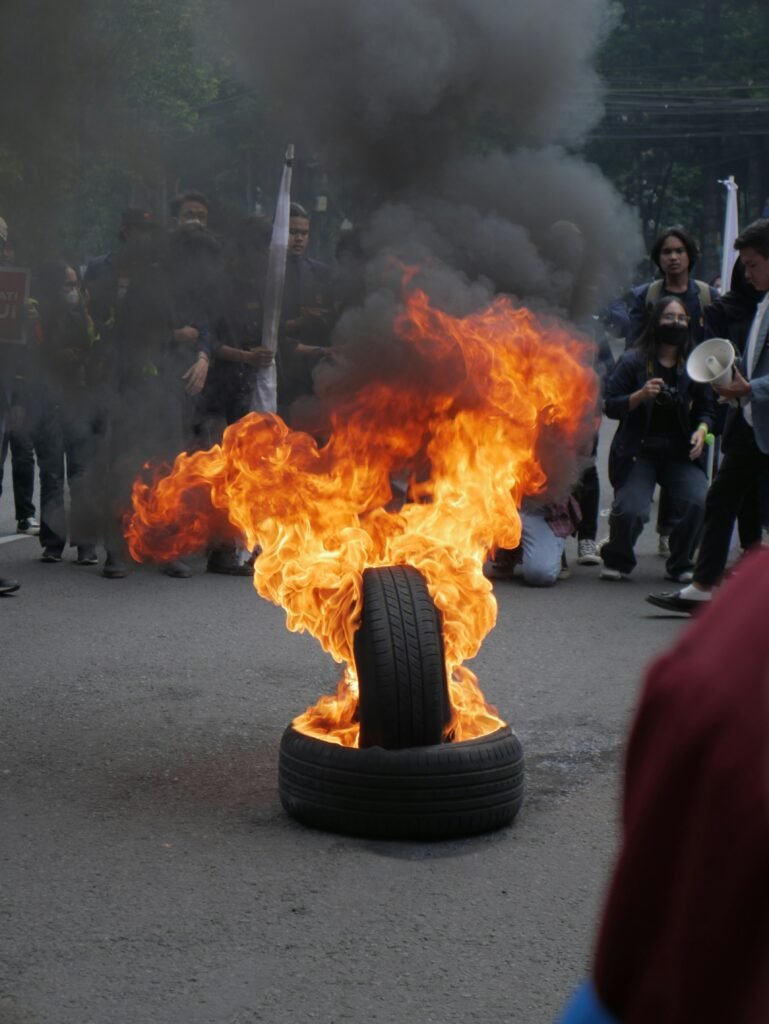
Escalation and Official Response
- Vandalism and Confrontations:
While the protest started peacefully, a subset of demonstrators vandalized businesses—particularly those catering to foreigners—and harassed tourists. Chants of “gringo go home” and “pay taxes, learn Spanish, respect my culture” echoed through the streets as windows were smashed and property damaged. - Government Reaction:
City officials condemned the violence and emphasized Mexico City’s tradition of openness and migration. At least 15 businesses and public facilities reported damage. Authorities called for dialogue and unity, while also acknowledging the real pressures of rising rents and displacement.
Broader Context and Global Parallels
- International Pattern:
The protests in Mexico City mirror movements in cities like Barcelona and Madrid, where locals have also rallied against mass tourism and the transformation of neighborhoods by short-term rentals and foreign investment.
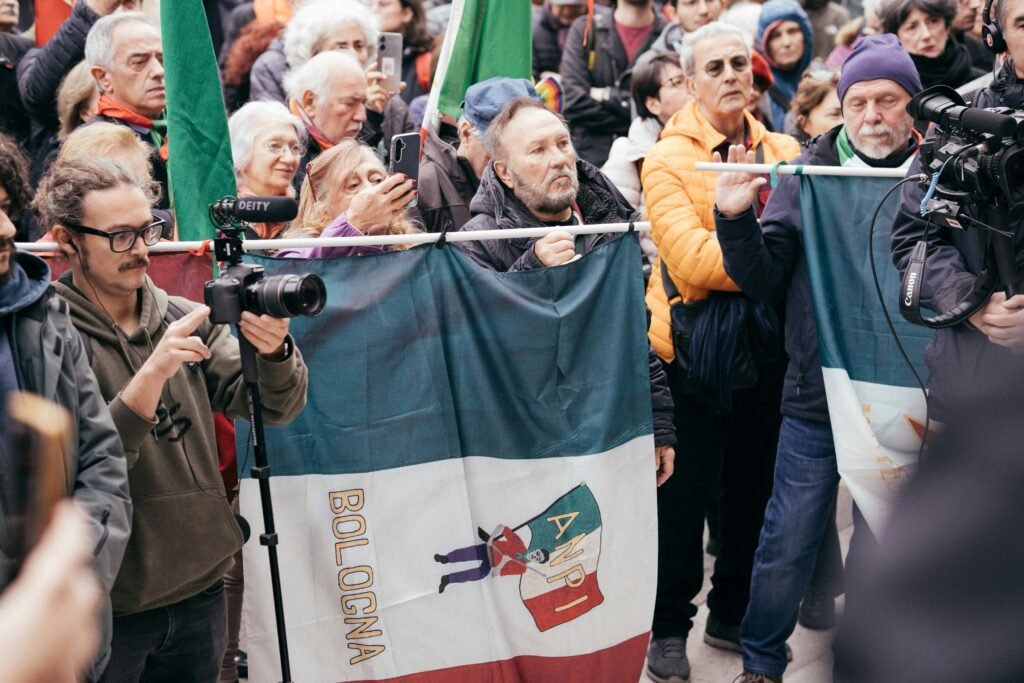
- Political Response:
President Claudia Sheinbaum and other leaders have addressed the unrest, rejecting xenophobia but recognizing the legitimate concerns about housing affordability and community displacement.
Summary Table
| Issue | Protester Concerns | Notable Incidents |
|---|---|---|
| Gentrification | Soaring rents, loss of affordable housing | Vandalism in Condesa, Roma |
| U.S. Migration | Displacement by digital nomads, lack of regulation | Harassment of tourists |
| Economic Displacement | Forced evictions, government favoritism | Slogans: “Housing is a right” |
| Official Response | Calls for dialogue, condemnation of violence | 15+ businesses damaged |
Conclusion
The recent protests in Mexico City reflect mounting anger over gentrification, housing insecurity, and the impact of foreign migration on local communities. As tensions rise, calls for policy reform and greater protections for residents are intensifying. City leaders face mounting pressure to balance openness with protecting the rights and livelihoods of long-term residents, signaling that the debate over Mexico’s urban future is far from over.

 Advice2 weeks ago
Advice2 weeks agoWhat SXSW 2025 Filmmakers Want Every New Director to Know

 Business5 days ago
Business5 days agoPros and Cons of the Big Beautiful Bill

 Film Industry3 weeks ago
Film Industry3 weeks agoFilming Yourself and Look Cinematic

 News1 week ago
News1 week agoFather Leaps Overboard to Save Daughter on Disney Dream Cruise

 Politics4 weeks ago
Politics4 weeks agoBolanle Newsroom Brief: Israel Strikes Iran’s Nuclear Sites — What It Means for the World

 Health1 week ago
Health1 week agoMcCullough Alleges Government Hid COVID Vaccine Side Effects

 Advice2 weeks ago
Advice2 weeks agoWhy 20% of Us Are Always Late

 Entertainment3 weeks ago
Entertainment3 weeks agoThe Hidden Reality Behind Victoria’s Secret













